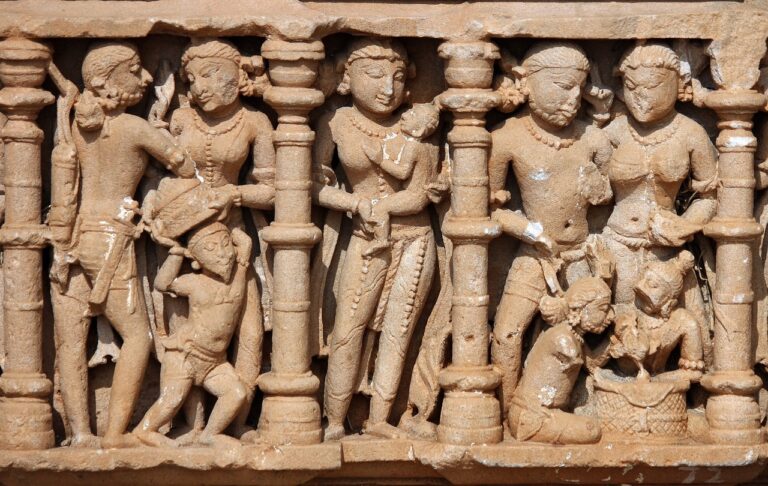Analyzing the Use of Blockchain in Securing Digital Voting Records
Blockchain technology has emerged as a powerful tool with the potential to enhance the security and integrity of digital voting records. By leveraging its decentralized nature and cryptographic features, blockchain offers a transparent and tamper-resistant platform for storing voting data. The use of blockchain can significantly reduce the risk of fraud and manipulation in the electoral process by ensuring that every transaction is recorded and validated by a network of nodes.
One of the key advantages of using blockchain in securing digital voting records is its immutability. Once a vote is recorded on the blockchain, it cannot be altered or deleted, providing a permanent and verifiable record of each vote cast. This feature strengthens the credibility of the voting system and helps to build trust among participants in the democratic process. Additionally, the decentralized nature of blockchain technology eliminates the need for a centralized authority to oversee the voting process, reducing the potential for interference or corruption.
• Blockchain technology offers a transparent and tamper-resistant platform for storing voting data
• Every transaction is recorded and validated by a network of nodes
• Immutability of blockchain ensures that once a vote is recorded, it cannot be altered or deleted
• Provides a permanent and verifiable record of each vote cast
• Strengthens the credibility of the voting system and builds trust among participants
• Decentralized nature eliminates the need for a centralized authority to oversee the voting process
Understanding the Role of Decentralization in Ensuring Transparency in Digital Voting
Decentralization plays a crucial role in ensuring transparency in digital voting systems. By dispersing power and control among multiple nodes rather than centralized authorities, decentralization reduces the risk of manipulation and fraud. This distributed nature of decision-making in a decentralized system makes it more resistant to corruption and enhances the overall security and integrity of digital voting records.
Furthermore, decentralization promotes greater accountability and trust in the voting process. With no single point of failure, the system becomes less vulnerable to attacks and tampering. By allowing every participant in the network to verify transactions and ensure the accuracy of the voting data, decentralization fosters a sense of democratic governance and empowers individuals to actively participate in upholding the transparency and fairness of digital voting mechanisms.
Exploring the Mechanisms of Immutable Ledgers in Safeguarding Voting Data
Blockchain technology has been hailed as a promising solution for safeguarding voting data through the use of immutable ledgers. This technology ensures that once information is entered into the blockchain, it cannot be altered or tampered with, providing a secure and transparent record of voting activities.
The decentralized nature of blockchain further enhances the security of voting data by removing the need for a central authority to oversee the process. By distributing voting records across a network of nodes, blockchain technology minimizes the risk of fraud or manipulation, making it a reliable option for securing sensitive information in the digital voting realm.
What is blockchain technology and how does it secure digital voting records?
Blockchain technology is a decentralized digital ledger system that stores data in a secure and transparent way. By using cryptographic algorithms and consensus mechanisms, blockchain ensures that voting data is immutable and protected from tampering.
How does decentralization play a role in ensuring transparency in digital voting?
Decentralization in digital voting means that there is no central authority controlling the voting process. This helps in preventing any single point of failure or manipulation, making the voting process more transparent and trustworthy.
What are the mechanisms of immutable ledgers in safeguarding voting data?
Immutable ledgers in blockchain technology ensure that once a vote is recorded, it cannot be altered or deleted. This provides a secure and tamper-proof way of storing voting data, ensuring its integrity and authenticity.







